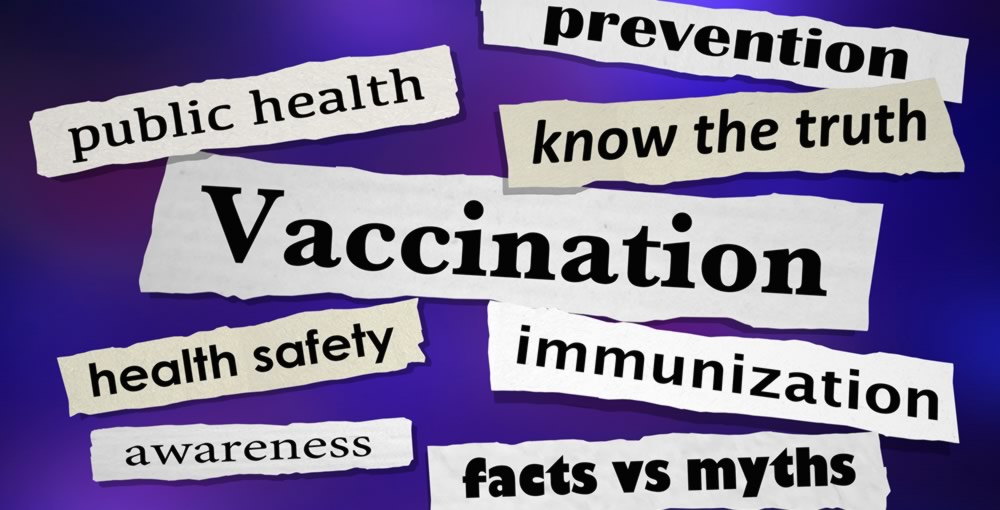Adding immunizations to your back-to-school checklist
August 29, 2019

August is National Immunization Awareness Month: 3 things to know about the safety of immunizations and how they prevent disease
It’s not a shot in the dark. Immunizations have been scientifically proven to control, limit and eradicate life-threatening diseases in the US for decades.
Vaccines use very small amounts of antigens to help your immune system recognize and learn to fight serious diseases. Antigens are parts of germs that cause the body’s immune system to go to work.
“We see a significant number of patients during flu season who didn’t get their flu shot,” said Dr. Gude Texas MedClinic Chief Medical Officer. “After reeling from the flu, they swear they are getting the flu shot next season. That’s because vaccines work. For years, scientists and researchers have put significant time into studying and refining the vaccine. From MMR to annual flu shots, it’s wise to inoculate.”
San Antonio Express-News highlighted in a recent article the rise in non-medical vaccine exemptions in local schools, and how that may impact immunity in the community.
“Just think how fast flu spreads within schools,” said Gude. “It’s the same for other highly contagious viruses like measles and whooping cough.”
By following the CDC’s recommended immunization schedule parents can help protect their children from disease outbreaks:
- 2017-2018 was a high severity flu season with record breaking levels of influenza-like illness and hospitalization rates. CDC reported 176 flu-related deaths in children through June 30th. This set the record for the highest number of flu-related deaths in children reported during a single flu season. Approximately 80% of these deaths occurred in children who had not received a flu vaccination this season.
- In 2014, The United States experienced 667 reported cases of measles in 27 states. That’s the greatest number of cases since measles elimination was documented in the U.S. in 2000. From January 1st to June 16th, 2018, 93 people from 19 states were reported to have measles.
- Outbreaks of whooping cough can occur at middle and high schools as protection from childhood vaccines fades. In 2016, there were 17,972 reported cases of whooping cough in the U.S., down from 2012’s 57-year high of 48,277 cases.
- Vaccines are safe.
Before a vaccine is approved for use in the U.S., it goes through years of careful testing to make sure it is safe and effective. Highly trained scientists and doctors at the U.S. Food and Drug Administration (FDA) evaluate the results of these clinical studies. FDA also inspects the sites where vaccines are made to make sure they follow strict manufacturing guidelines. Once a vaccine is licensed, FDA and CDC continue to monitor its use and make sure there are no safety concerns.Like any medication, vaccines can cause side effects. In most cases, side effects are mild (e.g., soreness where the shot was given) but go away within a few days. Severe, long-lasting side effects from vaccines are rare. - Vaccines defeat disease.
Vaccines eradicated smallpox. And they had all but relegated polio, mumps, measles, rubella, whooping cough, and diphtheria to a few remote corners of the world until the recent measles and whooping cough outbreaks occurred in the United States. This resurgence of disease is due to decreasing vaccination rates. - Vaccines protect the community.
If enough people are vaccinated, it’s difficult for a disease-causing microorganism to gain a foothold in a community. Known as herd immunity, this protection helps ensure the health of people who can’t get vaccinated — including newborns and those whose immune systems are compromised — because there are few infected individuals around to pass along the infection.
Texas MedClinic Urgent Care offers immunizations and vaccinations at all of its 19 convenient locations in San Antonio, New Braunfels, Spring Branch, Austin, and Round Rock, including three 24-hour urgent care locations in San Antonio. Texas MedClinic locations are open from 8am to 11pm every day, walk-in or check-in online now.





